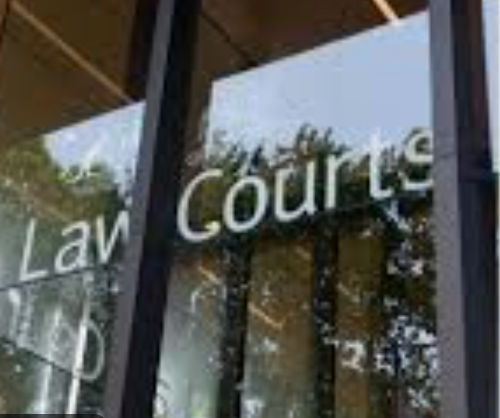
A 14-year-old girl will be forced to undergo “invasive” and potentially damaging treatment against the wishes of her parents and doctor.
A severely disabled teenager who has up to six seizures a day will be forced to undergo “invasive” cancer treatment despite her family’s desire for her to “die peacefully” at home following a landmark court ruling.
The 14-year-old girl, who has drug resistant epilepsy and severe developmental delays, was diagnosed with acute lymphoblastic leukaemia on March 5 at a base hospital in rural New South Wales.
The hospital, which has not been identified for privacy reasons, has since sought orders from the NSW Supreme Court to authorise treatment after the mother expressed a desire for her daughter to instead receive palliative care to avoid the “pain and suffering” of the treatment.
“Her wishes are not based on any religious or cultural belief,” the court heard.
“They are derived completely from her love for her daughter and her desire to avoid further suffering to an already medically challenged child.”

On one occasion it took three nurses, the girl’s stepfather and a doctor to restrain the girl for treatment in hospital. Picture: iStock
The court heard how the girl had a development age of about 16 to 18 months old and was having seven to 10 seizures per week but “may experience up to six seizures, within a single cluster, per day.”
The mother’s wishes were backed by the girl’s pediatrician, who told the court he first treated the patient at 18 weeks of age following her first seizure.
The pediatrician said the girl would likely need to be “shackled down” in order to receive the treatment with the court noting the girl had already pulled out two cannulas from her arm and removed a nasal gastro tube.
The day before the girl was diagnosed, she had to be “forcefully held in place for two hours” in order to receive a blood transfusion.
“The mother has always acted courageously and strongly advocated in [the patient’s] best interests for many years and for of all the time I have known [the patient] and the mother,” the pediatrician said.
“I agree with the mother’s opinion that [the patient] would not manage the painful procedures associated with chemotherapy.”

The decision was handed down in the NSW Supreme Court on Tuesday. Picture: iStock
The pediatrician also noted the girl may require “extremely intensive” procedures such as bone marrow transplantation.
“I therefore support and agree with the mother’s decision that it is not in [the patient’s] best interests to attempt curative chemotherapy as I have no doubt that she will not tolerate that intrusive intervention,” the doctor said.
Despite the mother’s wishes, Justice Michael Elkaim SC ruled in favour of the hospital on Tuesday, stating that while the treatment would difficult “that does not mean it should not be undertaken”.
“Not making the orders is effectively a death sentence,” the judge said.
Justice Elkaim said that without the treatment, the girl would likely die “within about four weeks”.
“The leukaemia is an illness which is capable of being dealt with, and while successful treatment will bring her back to her previous life, with all its complications, that is a situation that would have existed in any event,” he stated.
The hospital is set to commence treatment on March 21.
More Coverage
“The court declares, until further order, that the staff, employed or contracted to [the hospital[ may lawfully provide the medical, nursing, and other supportive treatment to [the patient] in treatment of her acute lymphoblastic leukaemia,” Justice Elkaim ruled.
“The court notes that the hospital staff will engage with [the patient’s] parents to ensure they are consulted throughout the treatment.”
The matter will return to court on June 14, in order to monitor the girl’s progress under the treatment.





